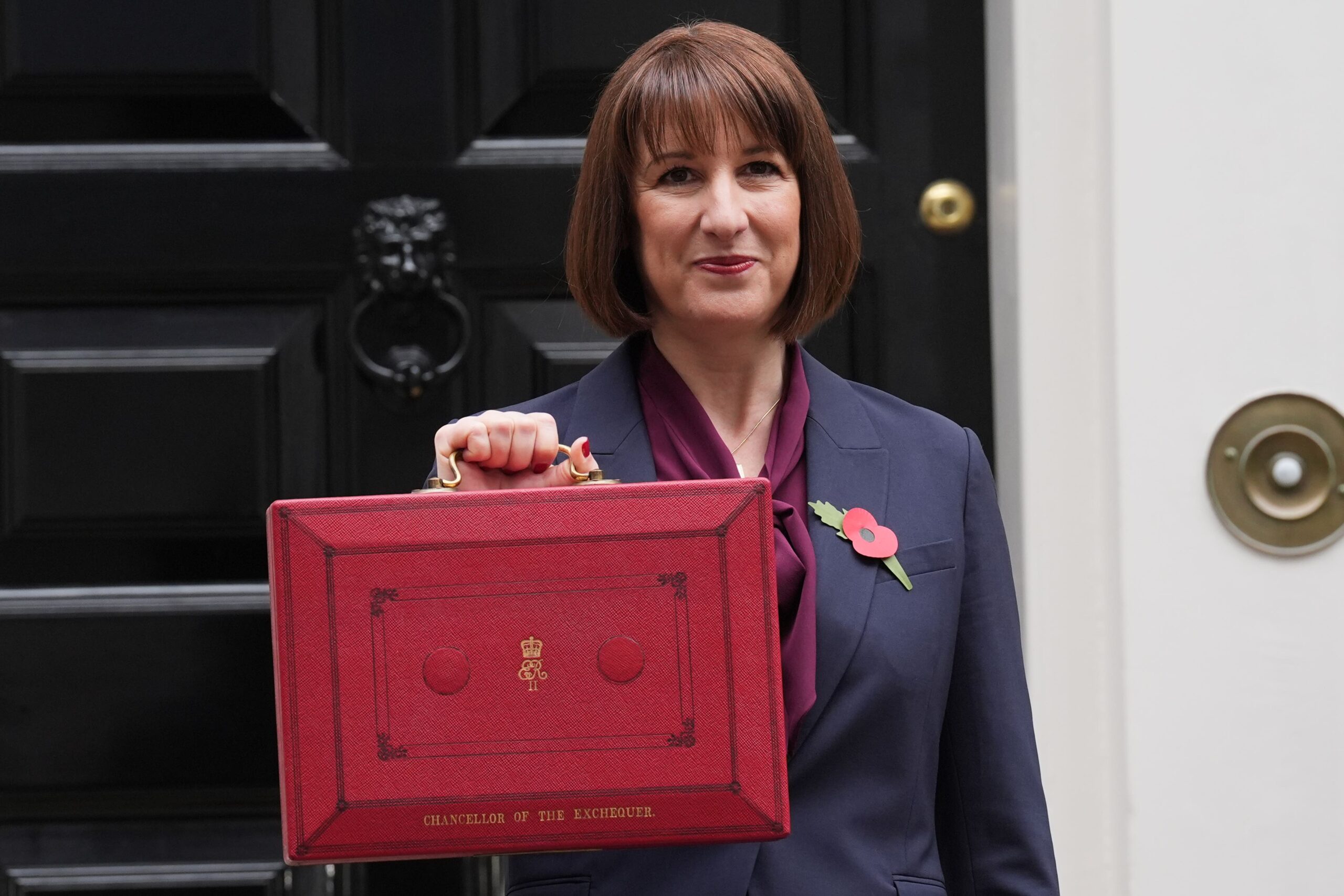A Treasury minister has not ruled out hitting owners of high-value houses with capital gains tax (CGT) when they sell their family home.
Chancellor Rachel Reeves is reported to be considering ending the current exemption from CGT for primary residences as she seeks ways to raise cash in the face of dire warnings about the state of the public finances.
Such a move would see higher-rate taxpayers pay 24 per cent of any gain in the value of their home, while basic rate taxpayers would be hit with an 18 per cent levy.
The Times reported that under the proposals being considered for the autumn budget, the private residence relief would end for properties above a certain threshold.
The threshold is still under consideration but a £1.5 million starting point would hit around 120,000 homeowners who are higher-rate taxpayers with capital gains tax bills of £199,973, the newspaper reported.
Treasury minister Torsten Bell declined to rule out hitting people selling their homes with CGT, insisting any potential changes were matters for the Chancellor and would be set out at a budget.
Asked to rule out the move, the pensions minister told broadcasters: “Working people and people’s living standards is what this Government is all about.
“We’ve seen wages rise more in the first 10 months of this Government than the first 10 years of the last Conservative government.
“But of course, as you know, questions for tax are for the budget and they’re for chancellors.”

Ending primary residence relief could deter people from selling their homes, slowing the housing market and could have a particular impact for older people looking to downsize.
The Labour government has ruled out increasing income tax, employees’ national insurance contributions and VAT, restricting Ms Reeves’ options when it comes to raising money.
The scale of the challenge facing her in the autumn budget was illustrated by the NIESR economic think tank warning this month that Ms Reeves is set for a £41 billion shortfall on her self-imposed rule of balancing day-to-day spending with tax receipts in 2029-30.
Tory leader Kemi Badenoch hit out at the Chancellor’s “disastrous economic mismanagement” and said the Government was “stuck in a doom loop of low growth and higher taxes”.
She said: “We should be cutting spending, cutting taxes, and backing the makers who keep our country going.”
Any move to hit expensive properties would be likely to impact more heavily on London than other parts of the country.
Analysis by Rightmove suggested 10.9 per cent of homes for sale in the capital would exceed a £1.5 million threshold, compared with 1.6 per cent outside London.
Rightmove’s Colleen Babcock said: “In essence, this would predominantly be a tax on the most expensive areas of London and the South East.
“The London market is already feeling the effects of taxation more acutely than other parts of England, and this is likely to deter some moves at the upper end.”
